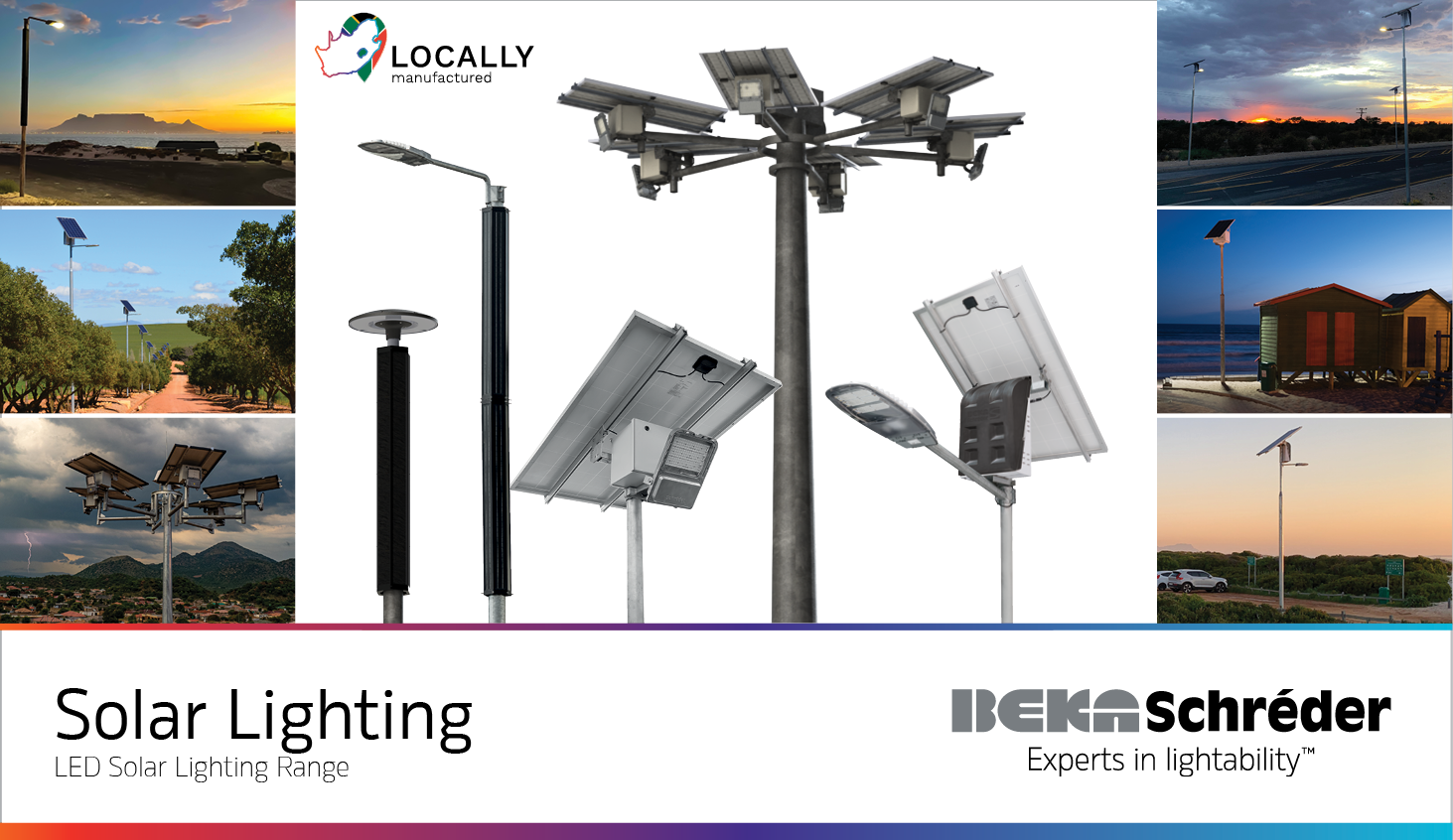- The City of Kigali in Rwanda is on the second phase of trials to test the viability of solar energy powered public lights.
Merard Mpabwanamaguru, the Vice Mayor of the City of Kigali in charge of Urbanisation and Infrastructure, said solar systems with public lighting could be a sustainable solution if the trials are successful. “We are in the second phase of trials. The solar public lighting was tried in the main, corridor and other roads.”
The Rwandan government has partnered with investors from Belarus on this project as well a company from Poland that could help them with solar public trials. “If the trials are successful, it could set up an assembling factory in Rwanda,” said Mpabwanamaguru.
Meanwhile under the 2022/23 budget, about 70km of roads are to be constructed and equipped with public lighting New Times reports.
Up to 58 road projects are set to be implemented in the neighbourhoods of Kigali City before 2024, according to the city council. Currently, there are five street lights on the road around Kigali Parents’ School that are being powered by solar energy.
According to the city council, the capital will have a length of 215.6km of roads constructed or upgraded in six phases by 2024.
While commenting on 2022/23 budget, MP Frank Habineza tasked the City of Kigali to explain the status of green investment in the capital so as to mitigate climate change by reducing greenhouse gas emissions.
“Public lighting should be powered by solar energy as it has been possible in other countries. Most of the roads being constructed have no cycle lanes yet it is part of no-motorised transport to reduce carbon emissions,” he said.
According to different studies, solar energy public lighting is more cost-effective than grid-connected lighting.
They also show that solar public lighting is easy to install and doesn’t require any civil engineering work, because it’s completely off-grid. It is ideal for remote, hard-to-reach locations, as well as flood-prone areas.
Rwanda seeks to reduce carbon emissions by 38% in 2030 and reach net zero by 2050. According to energy experts, solar public lighting could contribute to achieving the country’s target.
Author: Nomvuyo Tena
Nomvuyo Tena is a Content Producer at Vuka Group and is as passionate about the energy transition in Africa as she is about music and Beyonce.
This article was originally published on ESI Africa and is republished with permission with minor editorial changes.


















